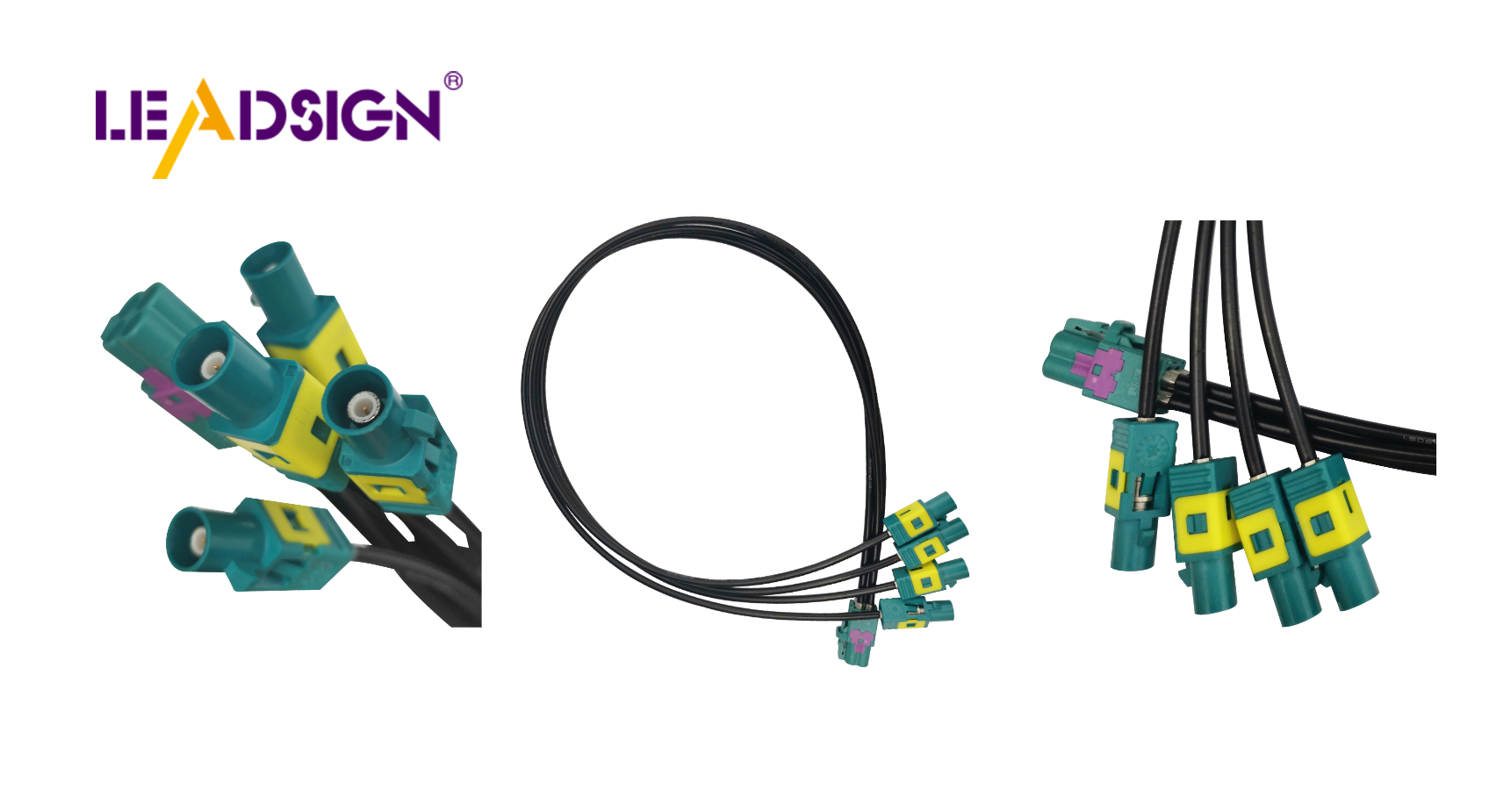Discover Terminal Connectors' Essential Uses

Terminal connectors are important in electrical systems. They join wires to help power and signals move well. Good terminal connectors give a strong connection with low resistance. This means less energy is wasted. This efficiency is key for electronic products to work safely and well. Choosing the right terminal connector affects how reliable and easy your system is to fix. The material and rating of these connectors depend on the wires and equipment they link, making them crucial for best performance.
Types of Terminal Connectors
Terminal connectors are key for safe electrical links. Knowing the types helps you pick the right one.
Ring Terminals
Uses and Benefits
Ring terminals are very common. They connect wires to a stud or screw. The ring shape keeps them tight and secure. This is good where there might be shaking. They are easy to put on and take off, helping with repairs.
Where They're Used
You see ring terminals in cars and factories. They work well for lasting connections like batteries or grounding. Their strength makes them a top choice here.
Spade Terminals
Uses and Benefits
Spade terminals, or fork terminals, are quick to use. You slide them under screws without taking them out. This is handy when you need to disconnect often. They stay tight but are easy to reach.
Where They're Used
Spade terminals are used in car and home wiring. They connect wires to switches and breakers easily. People like them for both big jobs and small fixes.
Butt Connectors
Uses and Benefits
Butt connectors join two wires together safely. They stop short circuits by being insulated well. Use them to make wires longer or fix broken ones. Their design holds up against weather changes.
Where They're Used
Butt connectors show up in cars, boats, and factories too. They're great when you need to splice wires outside or on water because they last long even in tough spots.
Uses of Terminal Connectors in Different Fields
Terminal connectors are important in many fields. They help keep connections strong and make electrical systems work better. Let's see how different areas use these connectors.
Car Industry
In cars, terminal connectors are very needed. You find them in vehicles where they handle lots of shaking. These connectors have plastic or metal covers to stay tough. They link parts like batteries, lights, and sensors. Their strong build keeps your car's electric system steady and working well. Using these connectors makes your car safer and easier to fix.
Electronics Field
The electronics field needs top-notch connectors. Terminal connectors here fit into complex systems. They give safe links for circuit boards, power sources, and gadgets. You trust these connectors for their accuracy and dependability. They keep electronic signals clear so devices work right. Picking the best connectors can make electronics last longer and work better.
Home Wiring
In home wiring, terminal connectors make setting up electricity easy. They join wires in outlets, switches, and lights. You use them to spread power safely all over your house. These connectors are simple to put in place and hold tight, lowering the chance of electric problems. By choosing good connectors, you boost the safety and usefulness of your home's electric setup.
Picking the Right Terminal Connector
Choosing the right terminal connector is very important. It helps keep your electrical systems safe and working well. You need to think about a few things to make a smart choice.
Material Choices
Why material matters
The material of a terminal connector affects how well it works and lasts. Pick materials that fit what you need them for. Copper connectors are great because they carry electricity well, which is good for strong power needs. Aluminum connectors are lighter and cheaper but don't carry electricity as well as copper. Electrical Engineering experts say knowing about materials helps you balance cost, quality, and how well they work.
Size and Fit
How to pick the right size
Size and fit are key when picking terminal connectors. Make sure the connector fits the wire size and what it's connecting to. Measure how wide the wires are and check what your devices need. This makes sure everything fits tight, stopping loose connections that might cause problems. Experts suggest measuring or guessing the size of your wires and tools to find the best match.
Environment Factors
Thinking about different places
Where you use terminal connectors matters a lot too. If there's water, heat, or stuff that can rust, pick connectors with special coatings or ones that won't rust easily. For outside or boat use, heat shrink terminals give extra protection from bad weather. Checking where you'll use them helps you choose ones that last long and work well.
By thinking about these things—material, size, and where they'll be used—you can pick terminal connectors that fit your needs and make your electrical systems better.
Terminal connectors are important for safe and strong electrical links. To pick the right one, think about what you need. Here are some helpful tips:
Check the Environment: See if you need protection from water or heat.
Pick the Right Material: Use materials like copper for good electricity flow.
Make Sure It Fits: Measure wire sizes to match your devices.
By thinking about these things, you can make your electrical systems work better and safer.
See Also
Exploring The Flexibility And Significance Of FAKRA Connectors
An In-Depth Overview Of HSD Connectors
An Extensive Resource On Fakra Connectors: Benefits And Setup

